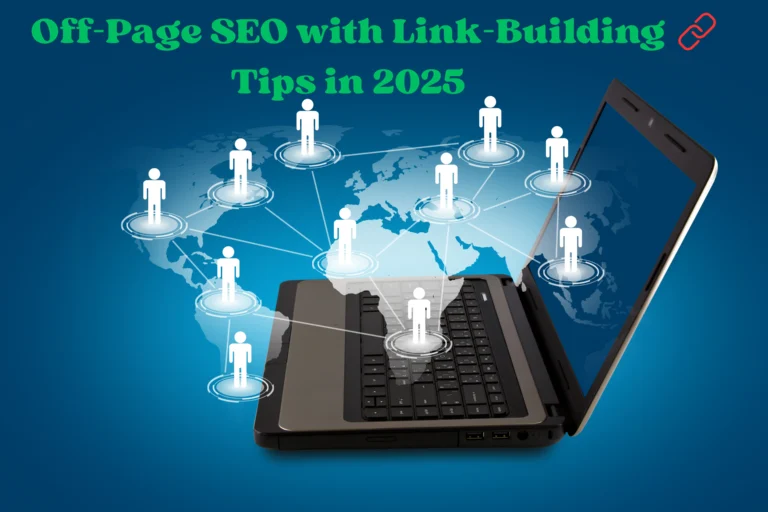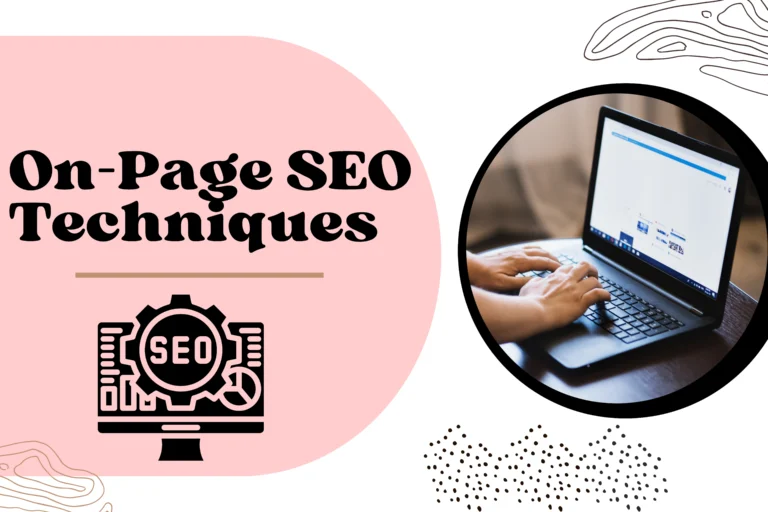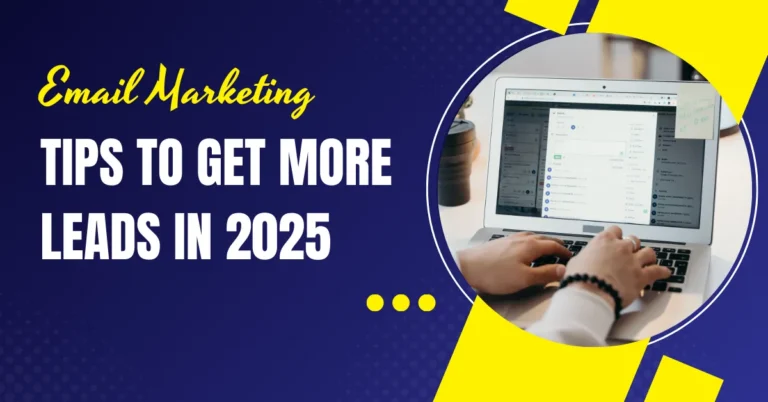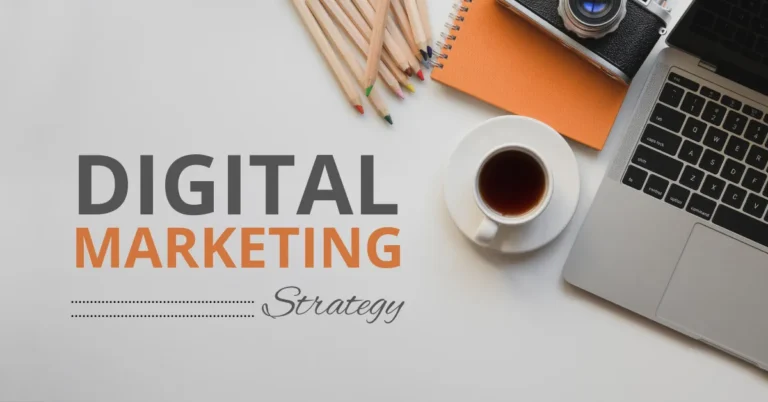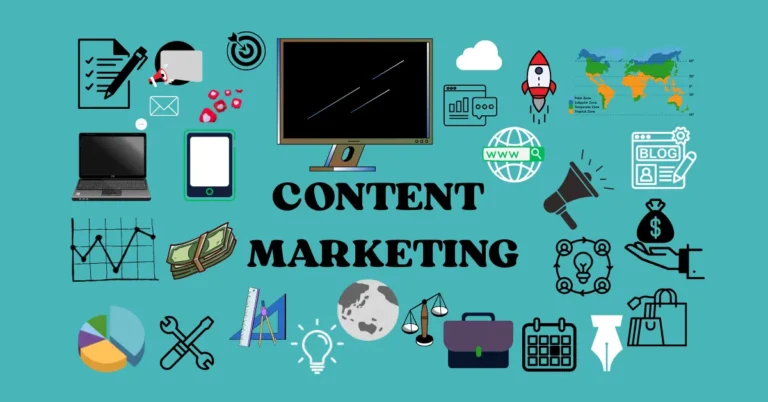In today’s fast-paced virtual world, online visibility is not elective—it’s the lifeline of your business. Whether you’re managing a personal service in New York or an e-commerce business in California, your clients are looking for you online. The real query is: Will they find you or your competition? To make certain of regular growth and boost drive traffic, you want a strong strategy to expose yourself in front of the right target audience. That’s where PPC (Pay-Per-Click) and search engine optimization (SEO) come into play.
Both strategies are powerful pillars of virtual marketing; however, they differ in another way. PPC permits you to run paid advertisements that appear almost immediately at the top of Google search results. You get clicks so long as you’re inclined to pay for them. On the other hand, search engine optimization specializes in optimizing your internet site to rank organically over the years. It’s a long-term funding that builds considerable brand authority and drives sustainable traffic.
Many business proprietors struggle to choose between these two. Should you put money into search engine optimization for a long-term increase or run a PPC campaign for short-term outcomes? The selection becomes even more perplexing while you’re running with a restrained budget or launching a company.
Take Emma, for example—a small commercial company owner from Austin. She released a custom domestic decor site online, aiming to scale speedily. She heard that search engine optimization is essential; however, she also observed her competition using Google Ads and getting immediate income. Like many others, she found herself caught inside the PPC vs. SEO dilemma.
If you’re in the same boat, you’re now not on your own. Let’s break down both and figure out what’s proper in your business so you can develop smarter, not more difficult.
What is Search Engine Optimization, and How Does It Work?
Search Engine Optimization (SEO) is the process of improving your internet site so that it shows up higher in Google when humans look for information relevant to your business. Instead of paying for clicks like in advertisements, SEO allows you to earn unfettered, natural visitors over the years by making your website online extra relevant and valuable in the eyes of SERPs.
There are three important parts of search engine optimization you need to consider:
- On-page SEO: This requires upgrading the content on your website. Things like your page titles, headings, internal links, and mainly your keyword optimization all fall under this. You need to include the terms human beings are searching for so Google can suit your page to their question.
- Off-page SEO: This is a specialty in what happens outside your website. The largest element right here is building backlinks—links from other websites that point to your website. When high-ranking sites link to your content, it tells Google that your site is trustworthy.
- Technical SEO: This consists of technical improvements (like website speed, mobile-friendliness, website structure, and security). It will allow Google to read your pages quickly.
Real-Life Example:
Meet Daniel, who runs a plumbing enterprise in Orlando, Florida. In 2023, he started publishing blogs on his website—easy “how-to” courses and tips for homeowners. Within 6 months, his blog posts started out ranking for local searches like “the way to restore a leaking faucet in Orlando.” The consistent natural site visitors delivered new leads each week, without spending a dollar on commercials.
Complete Guide: How SEO Improves Rankings
- Research what your target market is trying to find.
- Use those keywords in your content and titles.
- Build links from applicable websites.
- Make sure your site loads fast and is phone-friendly
- Update and improve content regularly
But what if you need results fast? That’s where PPC comes in—let’s explore that next in our PPC vs. SEO breakdown.
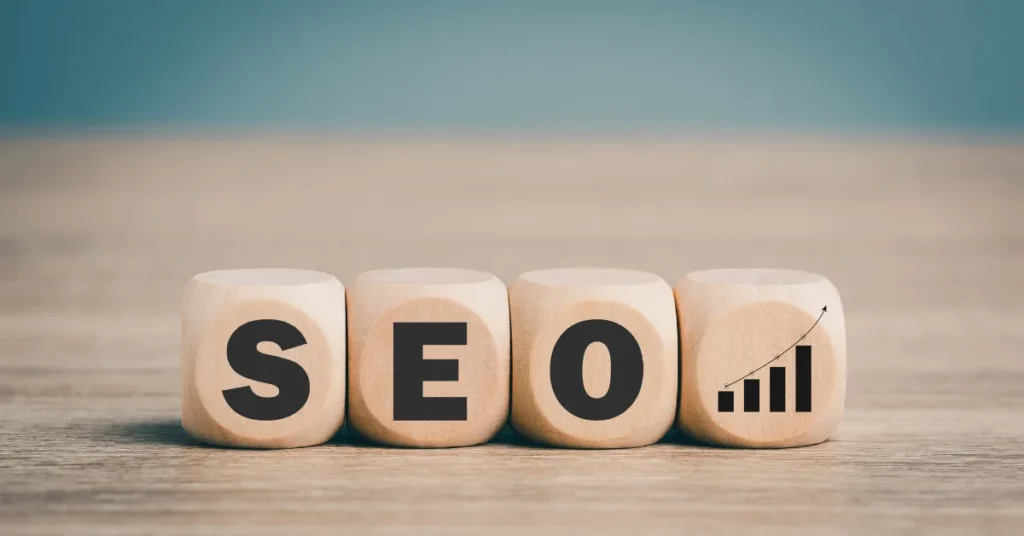
What is PPC, and how does it work?
PPC advertisement is a digital marketing strategy where every time someone clicks on your advertisement, they pay a fee. Unlike SEO, which takes time to create speed, PPC gives you immediate visibility by placing your advertisement on top of search engine advertising, social media platforms, or even YouTube.
The most popular platforms for PPC consist of the following:
- Google Ads: Your ads are displayed on top of Google pages when someone browses for keywords.
- Facebook ads: You can target users by age, location, etc.
- YouTube ads: Video ads are played before or under videos that the audience watches.
Let’s say you launch a product and need traffic today—that’s where PPC shines.
A Real Example: Emma Clothing Brand
When Emma, a youthful entrepreneur from Los Angeles, launched her online apparel brand, she had zero website traffic. Rather than waiting months for organic growth, she invested $500 into a Google Advertisements crusade targeting “trendy women’s covers in LA.” Within hours, she started entering clicks, and by the end of the week, she had made her first 30 deals.
How does PPC work?
- You choose the keywords you want your ad to appear for
- You put a bid (how much you are willing to pay per click)
- The platform runs an ad auction—high bids and better ad quality win.
- When users click, you pay the cost per click (CPC)
- You track your conversion frequency—how many clicks become potential customers or sales.
The total advertising expenditure is governed by the budget. But remember: PPC can be expensive quickly if not administered properly.
PPC is perfect for companies that want results now, but it needs regular optimization. If you stop paying, the traffic stops.
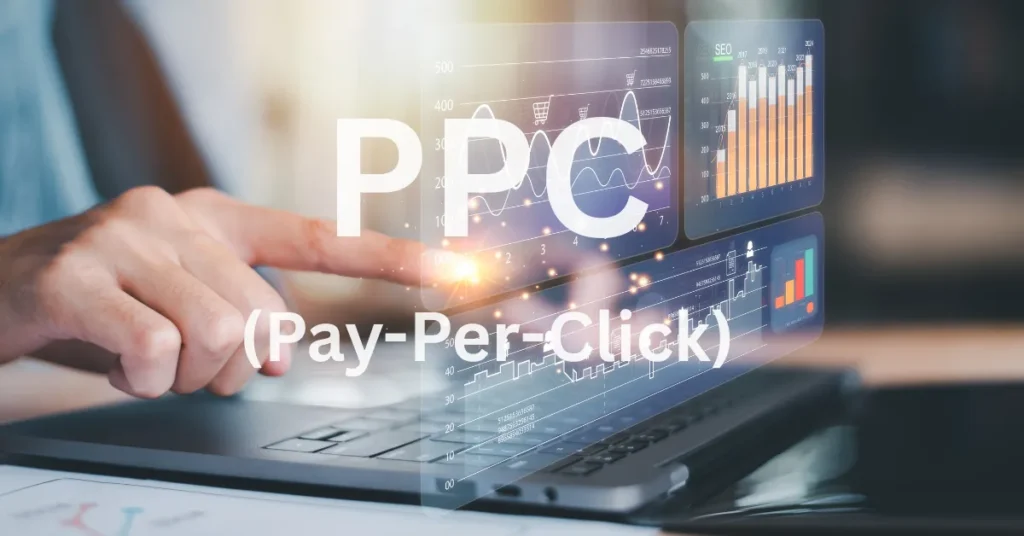
SEO vs PPC—The Key Differences
When it comes to digital media advertising, every businessman’s query is, “Should I participate in SEO or PPC?” The answer will rely on your business aims. Let’s break down the key differences between these two strong techniques.
Time to Results
SEO is an extended-term approach. It can take several months to look for effects, specifically if you’re in a competitive industry. But as soon as your website begins ranking on Google, you can experience regular natural visitors without paying for every click.
In assessment, PPC provides immediate visibility. Once your advertisements are authorized on systems like Google Ads, you could start receiving clicks within hours. This makes PPC best for promotions, product launches, or driving rapid visitors.
Cost and Budget Control
One of the biggest differences between PPC and SEO lies in cost. With PPC, you pay every time someone clicks on your advertisement. This is known as CPC. Depending on your field, CPC can cost anywhere from a few cents to several dollars per click.
SEO, in other words, demands an investment in content publication, website management, and backlink structure. But once you rank, your ongoing costs are lower, and business continues without paying for each visit.
Trust and Credibility
Viewers frequently trust organic results more than advertisements. When your website appears naturally in Google’s top results, it builds authority and credibility. That’s why SEO is so effective for long-term brand growth.
With PPC, your point shows up with a small “announcement” marker. While still effective, some users may skip past it, especially if they’re looking for instructional or unbiased content.
Scalability and Control
PPC gives you full control; you decide how much to spend, who sees your announcement, and when it appears. You can gauge your advertising spend up or down continuously based on performance.
SEO is less flexible. You can’t “pause” it or get immediate results from a content tweak. But once your point ranks, you don’t have to keep feeding it a budget every day.
Conversion and Targeting
PPC excels at targeting specific cults. You can narrow down your advertisements by position, age, interests, gender, and indeed the time of day. With the right strategy, it can lead to a high conversion rate.
SEO brings in business from broader keyword searches. While it’s not as laser-targeted as PPC, the callers frequently have strong intent, especially if your content matches their requirements.
In short, SEO is your long game, erecting authority and trust over time. PPC is your short game, getting fast results but at a cost. The real question isn’t which is better; it’s which is better for you right now.
Coming up next, let’s see how to decide which strategy fits your business pretensions in this ongoing PPC vs. SEO discussion.
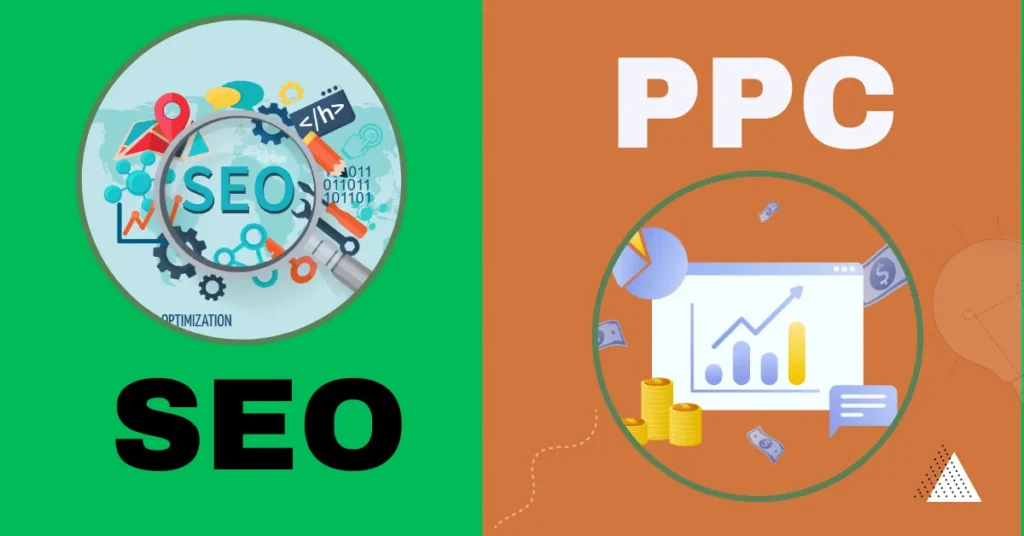
Which Strategy Fits Your Business Goals?
There is no suitable answer when it comes to deciding between PPC vs. SEO. The right choice depends on your business type and how quickly you need results. Let’s explore some common business scripts and guide you to the right path.
- Startups on a Budget
If you’re just launching your enterprise and each dollar counts, search engine optimization can be your satisfactory bet. While it takes time, it doesn’t require an ongoing fee for each click. Focus on growing useful blog posts, optimizing your website for local search engine optimization, and building trust through organic visitors.
Best choice: search engine optimization
Avoid: High-priced PPC campaigns at the start.
- Local Businesses
Need to disappear whilst someone close by searches for your provider? Go for local search engine optimization with the use of equipment like Google Business Profile. But in case your website is hosting an event or seasonal offer, PPC permits you to attain human beings fast.
Example: A restaurant in Houston makes use of search engine optimization to rank for “exceptional Mexican restaurant in Houston” but runs a PPC campaign to sell its Cinco de Mayo special.
- E-trade Stores
E-trade blessings from both. Use search engine optimization to construct visibility for product classes, and run Google Ads or Facebook Ads for quick product promotions or retargeting cart abandoners.
A combination of PPC and SEO works exceptionally.
- Seasonal Campaigns
Have a flash sale or vacation deal? You want speed. PPC is best right here—it drives clicks properly away. Pair it with an optimized touchdown page for better conversion rates.
Quick Checklist: SEO or PPC?
- Need short consequences? Choose PPC
- Have long-term dreams? Go with search engine optimization.
- Low price range? Start with search engine optimization.
- Launching a product or occasion? Use PPC
- Want sustainable growth? Prioritize search engine marketing.
Whether you pick one or both, the secret is to align your marketing with your business pretensions. Numerous brands start with PPC and also shift toward SEO for lasting growth. Others do the contrary. The smarter move? Use both strategically.
Up next, let’s see how combining them unlocks real power in your PPC vs. SEO strategy.
Combination of PPC and SEO
If you are serious about promoting your business online, the most clever trick is not PPC vs. SEO—it is to use both of them together. This is called an integrated technique, and it can help you achieve both terms of development.
It works like this:
The SEO creates confidence and authority over time. When your website ranks systematically, users see you as more reliable and reliable. But SEO takes time—weeks or months.
On the other hand, PPC brings immediate traffic. You can run Google advertisements today and get clicks within hours. It is perfect for launching new products and promoting test offers or time-sensitive events.
Together, they form a powerful cycle.
For example, you can use PPC expeditions to collect carved data that best converts. Then, you can customize your blog posts and landing pages using the same data, enhancing your search intention alignment for SEOs.
You can also take advantage of remarketing. Suppose someone finds your website through a blog but does not shop. You can withdraw them later with a PPC advertisement; when they are ready to buy, bring them back.
This strategy works well, especially for e-commerce, service providers, and local businesses.
When corrected, the combination of both channels gives you:
- Rapid data insight
- High ROI
- Complete visibility
- Consistent leadership flow
So, when you can get the best of both, why choose one?
Are you ready to make a hybrid strategy for success? Let us talk about how you can align both channels to achieve maximum growth.
Common Mistakes to Avoid
Whether you’re leaning towards PPC, search engine optimization, or both, there are some important mistakes many agencies make that could seriously hold back their growth. The exact information? They’re clean to keep away from—once you recognize what to look for.
Ignoring SEO While Focusing Only on Ads
Some agencies get addicted to short wins from PPC and absolutely forget search engine optimization. But whilst the ad budget runs dry, so do the site visitors. Ignoring SEO means running out on the long-term popularity that natural rankings can provide.
Running Ads Without Targeting
Launching a PPC campaign without a clear audience is like throwing money into a black hollow. Your ads need to attract people at the right time. Use platforms to refine your targeting via interest, location, and more.
Not Tracking Results
If you don’t improve your overall performance, you’ll in no way recognize what’s running. Use analytics gear to reveal site visitors. Whether you’re redesigning content or adjusting advert replicas, they are key to successful advertising.
Skipping Keyword Research
Whether for search engine marketing or PPC, effective keyword studies are non-negotiable. Without it, you risk concentrating on terms no person is looking for—or overspending on high-priced, aggressive keywords.
Avoiding one’s errors sets one up for regular growth. With the proper approach, attention to detail, and stability between PPC vs. SEO, your corporation can entice better leads, convert more clients, and construct a long-lasting digital presence.
Conclusion: So, PPC vs. SEO—Which One Triumphs?
After exploring both strategies, one component is apparent: there’s no common winner within the PPC vs. SEO debate. Each has its specific strengths, and the trendy preference depends on your enterprise pretensions, finances, and timeline.
Use search engine optimization if you are concentrated on long-term increases, constructing logos that agree with, and including organic business without ongoing advertising and marketing spending. Choose PPC in case you want brief consequences, want to sell a time-sensitive product, or need to test out a brand-new service or product with ideal concentration.
But then there’s the real palm—combining both. A balanced marketing strategy lets you enjoy immediate visibility while erecting a strong foundation for lasting success.
Let’s go back to Amanda, the small business proprietor from Austin. She started with Google Advertisements to quickly drive deals for her online apparel store. Contemporaneously, she invested in SEO by blogging and optimizing her website. The moment she receives harmonious organic business while using PPC for flash deals and remarketing. That’s the power of using both.
Your Coming Step: Make a Smart Marketing Move
- Consider asking yourself
- Do I need fast business or long-term visibility?
- What’s my yearly marketing budget?
- Can I manage both techniques?
You don’t have to figure it out alone.
Boost Zonic’s SEO & PPC Services are designed to help you grow smarter, not harder. Whether you’re starting from scratch or scaling up, we’ll craft a plan that fits your pretensions impeccably.
Click there to schedule your free discussion and start erecting your custom SEO PPC strategy moment!
FAQs (Frequently Asked Questions)
.


